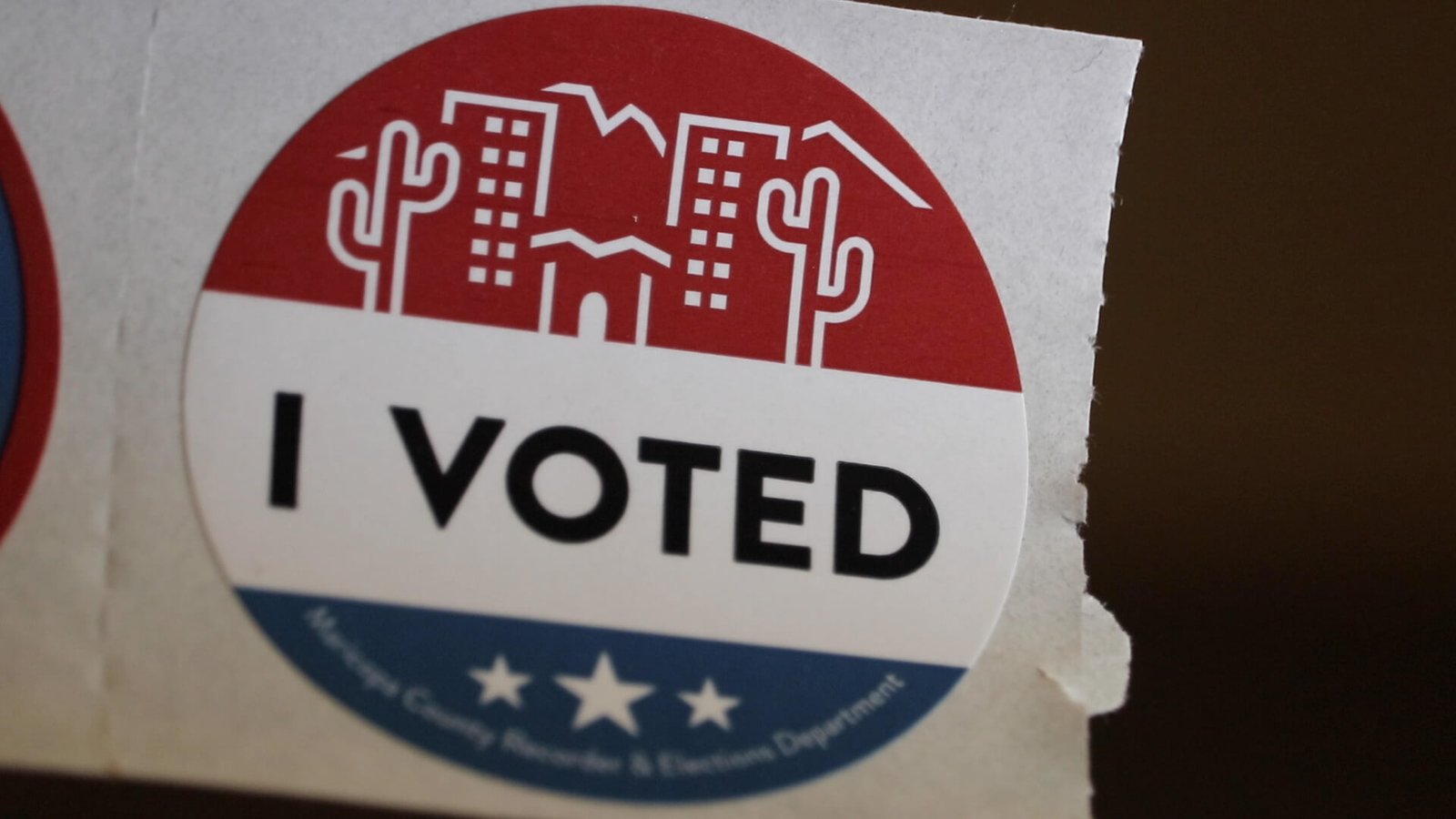2024 election
Lawmakers Urge Supreme Court: We Explained the ‘Make Elections Fair Act’ Accurately

Arizona legislators have responded to a ruling by Maricopa County Superior Court Judge Melissa Iyer Julian, who deemed their description of a ballot proposition aimed at ending partisan primaries as “misleading.” In an appeal to the state Supreme Court, lawmakers assert that Julian’s conclusion was incorrect.
Judge Julian’s ruling, issued on Monday, found that the legislative summary provided for Proposition 140, also known as the Make Elections Fair Act, failed to accurately represent the initiative. If passed by voters in November, Prop. 140 would establish an open primary system. This system would allow all candidates for federal, state, and local offices to compete in a single primary election, encompassing candidates from all political affiliations, including those unaffiliated with any party.
Under this proposed system, all registered voters could select from the entire pool of candidates during the primary elections. The top vote-getters would then advance to the general election, regardless of party affiliation.
Make Elections Fair Arizona, the committee responsible for gathering signatures to place Prop. 140 on the ballot, filed a lawsuit arguing that the Legislative Council’s description unfairly emphasized the possibility of ranked-choice voting—a feature not mandated by the proposed amendment.
The judge sided with the committee’s position, agreeing that the initial description was misleading. However, lawmakers are contesting this ruling, seeking a reversal from the Arizona Supreme Court.
The core disagreement centers on how the description outlines the provisions of Prop. 140. Legislators assert that their chosen wording accurately captures the initiative’s essence, while proponents claim the language is structured to provoke voter skepticism regarding ranked-choice voting, which is permitted but not obligatory under the new framework.
While Prop. 140 allows for ranked-choice voting, it specifies that such a system could only be implemented if approved by the legislature, Secretary of State, or voters themselves. Judge Julian ruled that the absence of adequate context concerning voter ranking contributed to the misleading nature of the description.
Lawmakers argued that the order of the description is unimportant. Beau Roysden, representing the legislators, stated that if the description is presented in neutral terms and correctly identifies a change in law, the Court should not overreach.
The political committee initiated legal action in July after lawmakers unanimously approved the wording for the ballot initiative, claiming it misrepresented the proposition’s intent. Judge Julian has mandated that a revised description be submitted by August 29.
Proposition 140 has encountered additional legal hurdles. On August 9, a different judge ruled in favor of the initiative, confirming its compliance with the state constitution’s single-subject rule. Furthermore, both Republican and Democratic opponents are raising challenges to the validity of the signatures gathered to support the initiative, aiming to have it removed from the ballot.












![Bryan Merritt, 36, was arrested June 26 after allegedly trying to break into his estranged grandfather’s home in Homestead. [PCSO]](https://arizonanews.org/wp-content/uploads/2025/07/Break-In-or-Breakthrough-Man-Arrested-During-Family-Reunion-Gone-Awry-80x80.jpeg)





